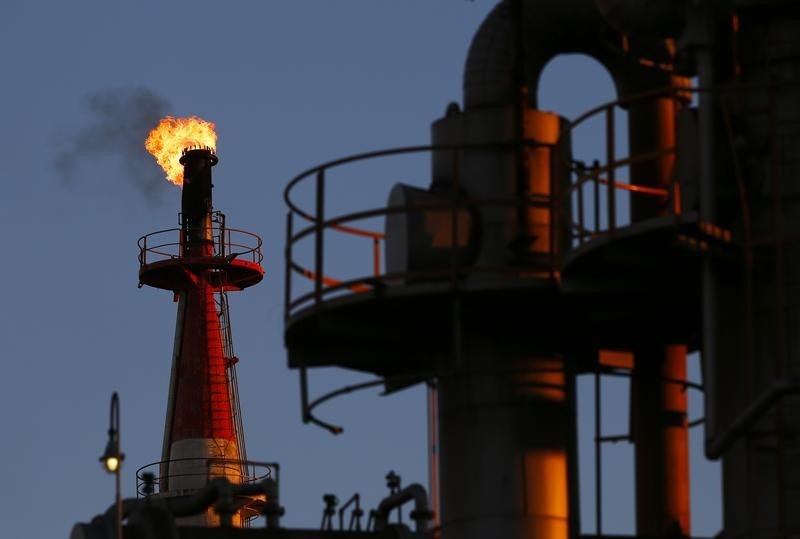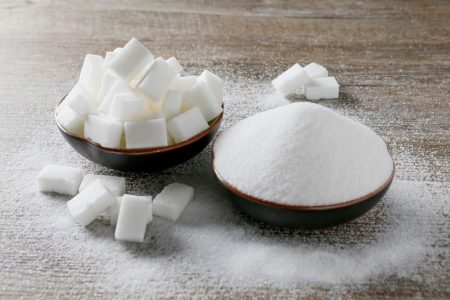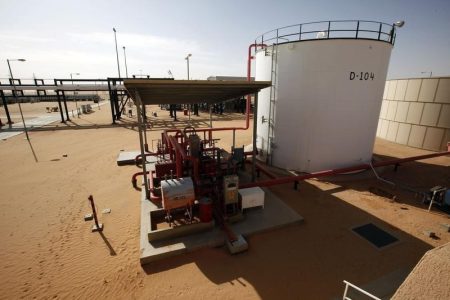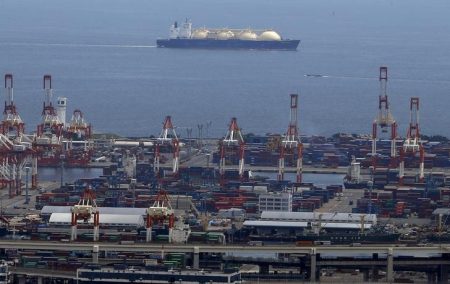Investing.com– Oil prices jumped from a one-month low in Asian trade on Thursday as weak U.S. economic readings and middling comments from the Federal Reserve saw traders pricing in a diminished chance of more interest rate hikes, denting the dollar.
Crude prices were reeling from a 10% drop in October, as investors saw a much lower risk premium from the Israel-Hamas war. Recent reports also indicated some deescalation in the conflict, as over 300 foreign nationals and injured people were allowed to leave Gaza.
Prices were also pressured by fears of worsening demand in the coming months, following dismal business activity readings from the euro zone, China and most recently, the U.S. Strength in the had also pressured oil markets, as traders positioned for a potentially hawkish Fed.
But a drop in the dollar- which traded 0.4% lower against a basket of currencies on Thursday- offered some relief to oil markets.
rose 0.6% to $85.13 a barrel, while rose 0.8% to $81.04 a barrel by 21:03 ET (01:03 GMT).
Fed rate hike in doubt after Powell strikes less hawkish tone
The Fed was the main point of focus this week, with the central bank , as expected. But while it still left the door open for more policy tightening, comments from Fed Chair Jerome Powell presented a more mixed outlook for higher rates.
Powell said in a post-meeting briefing that the Fed still had a long way to go before inflation reached its 2% target. But he also noted that financial conditions had tightened substantially this year, and cited more risks to the economy.
His comments saw the dollar sink in overnight trade, while also showed that traders were pricing in a smaller chance of an interest rate hike in December.
A weaker dollar benefits commodities priced in the greenback, and also aids oil demand by making the commodity cheaper for international buyers, given that a bulk of oil contracts are settled in dollars.
Adding to doubts over another rate hike, U.S. purchasing managers index data showed on Wednesday that remained in contraction through October, indicating that the U.S. economy was likely cooling after a strong run this year.
But while a cooling economy lessens the chances of more interest rate hikes, it also portends poorly for oil demand. While the Fed is not expected to hike rates further, it is also expected to keep rates higher for longer, pressuring the economy as it moves to curb high inflation.
US inventory data offers few cues
Markets largely traded past U.S. , which showed a slightly smaller-than-expected build in oil inventories over the week to October 27.
saw a smaller-than-expected decline, while saw an unexpected, albeit limited build.
Read the full article here















